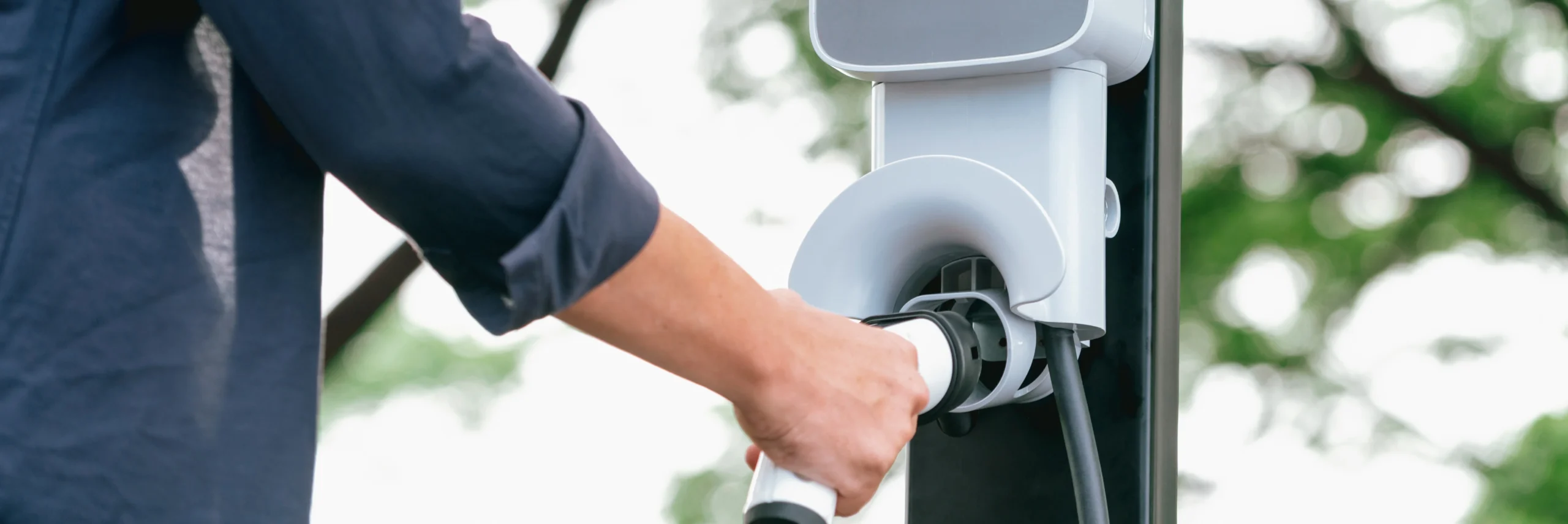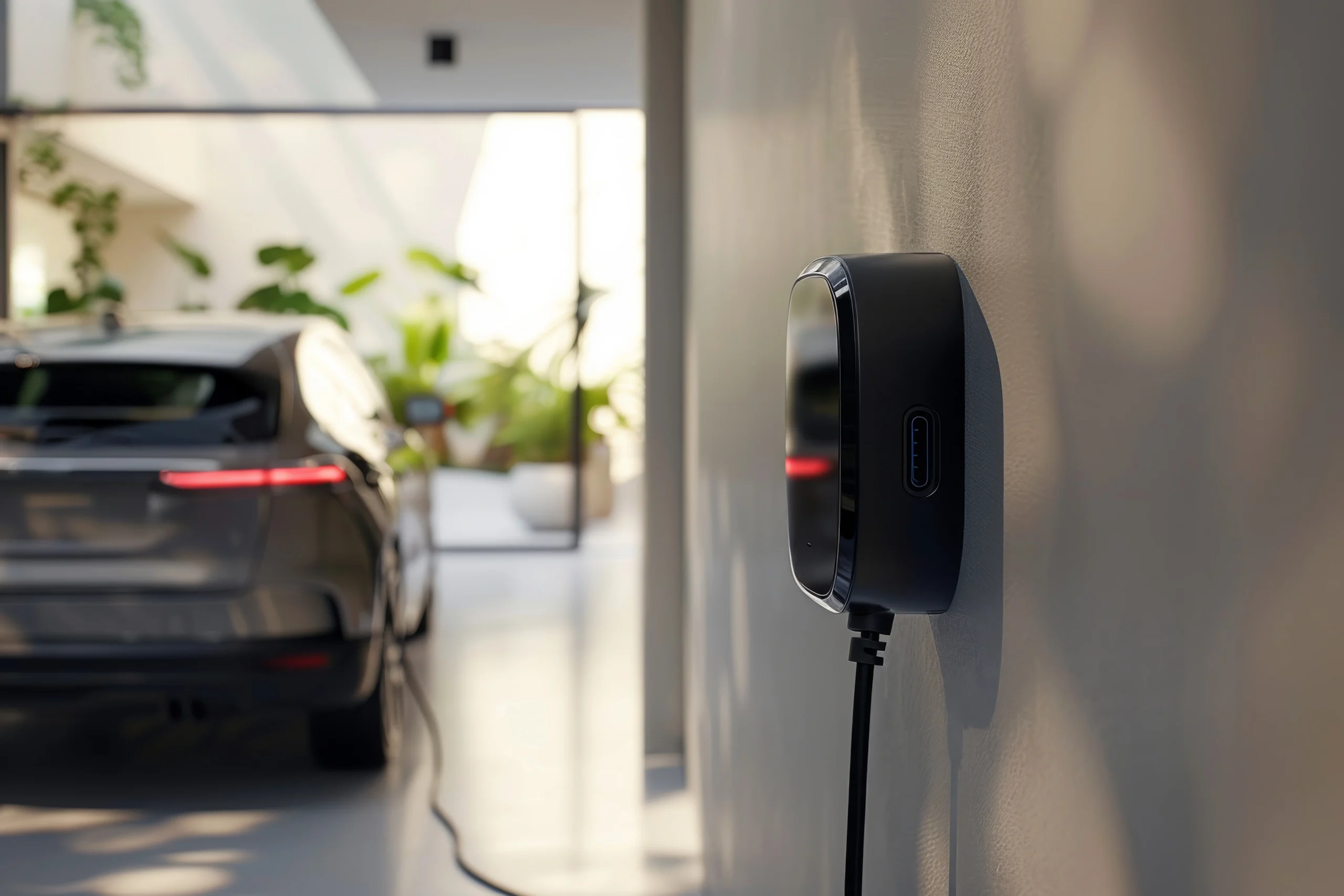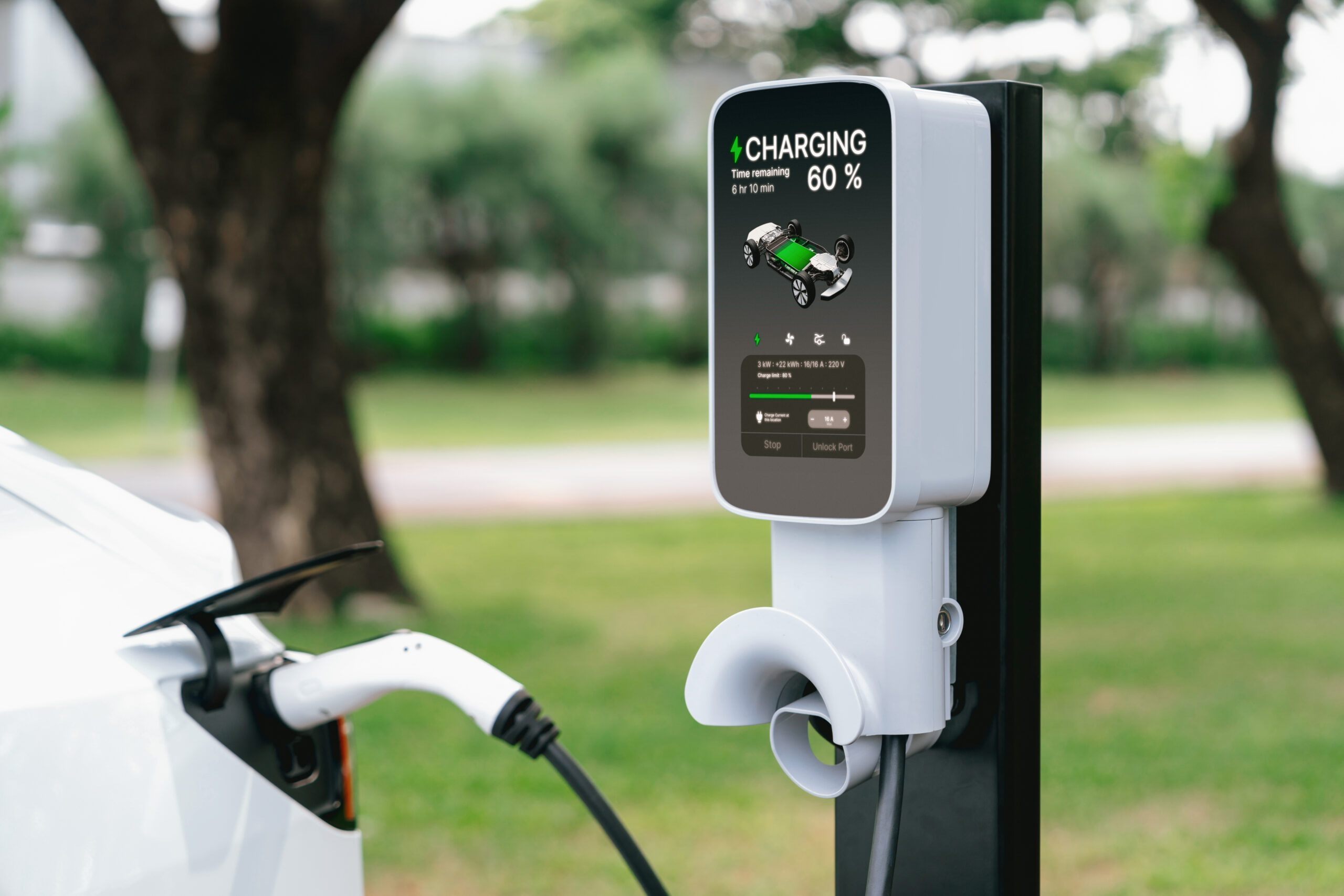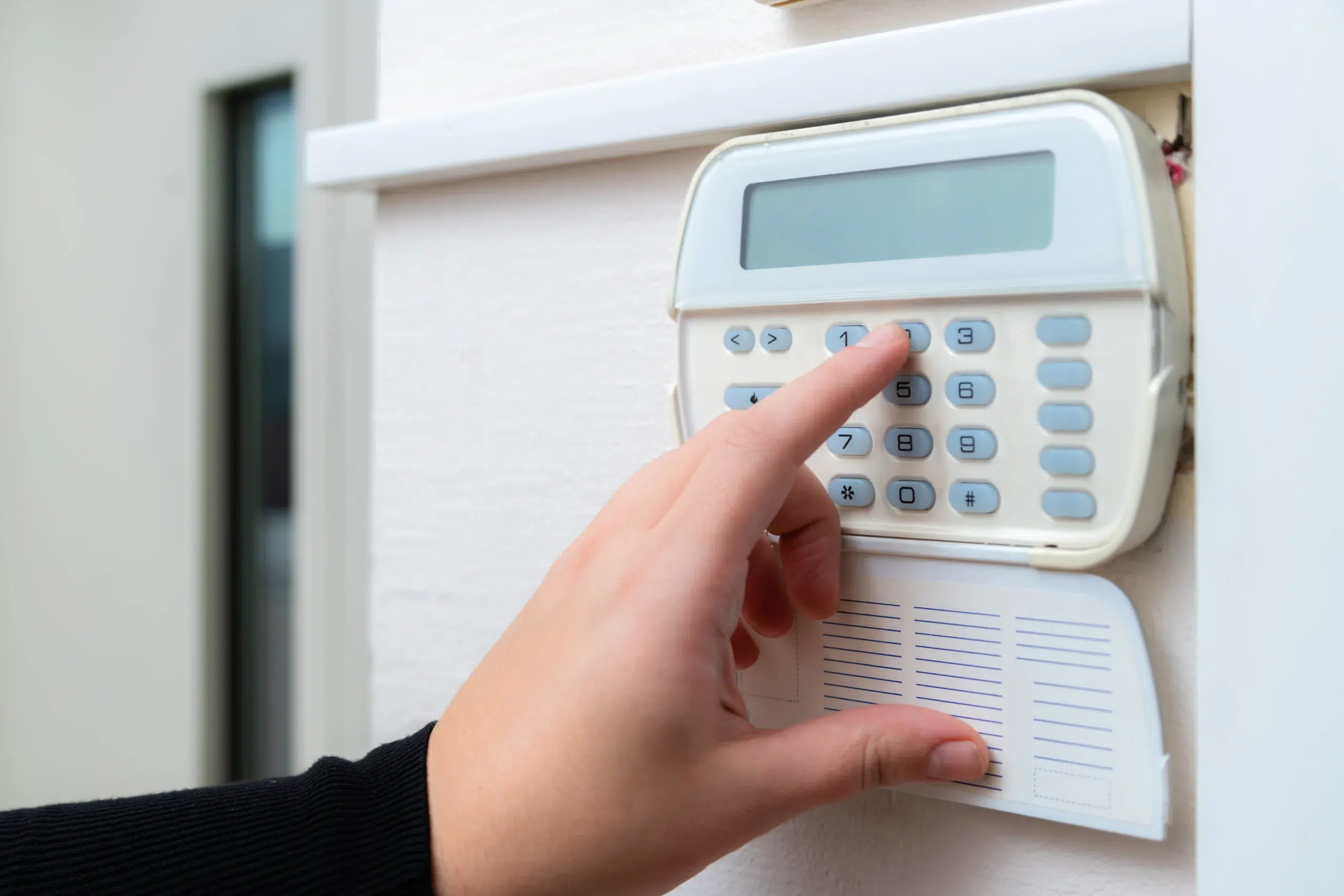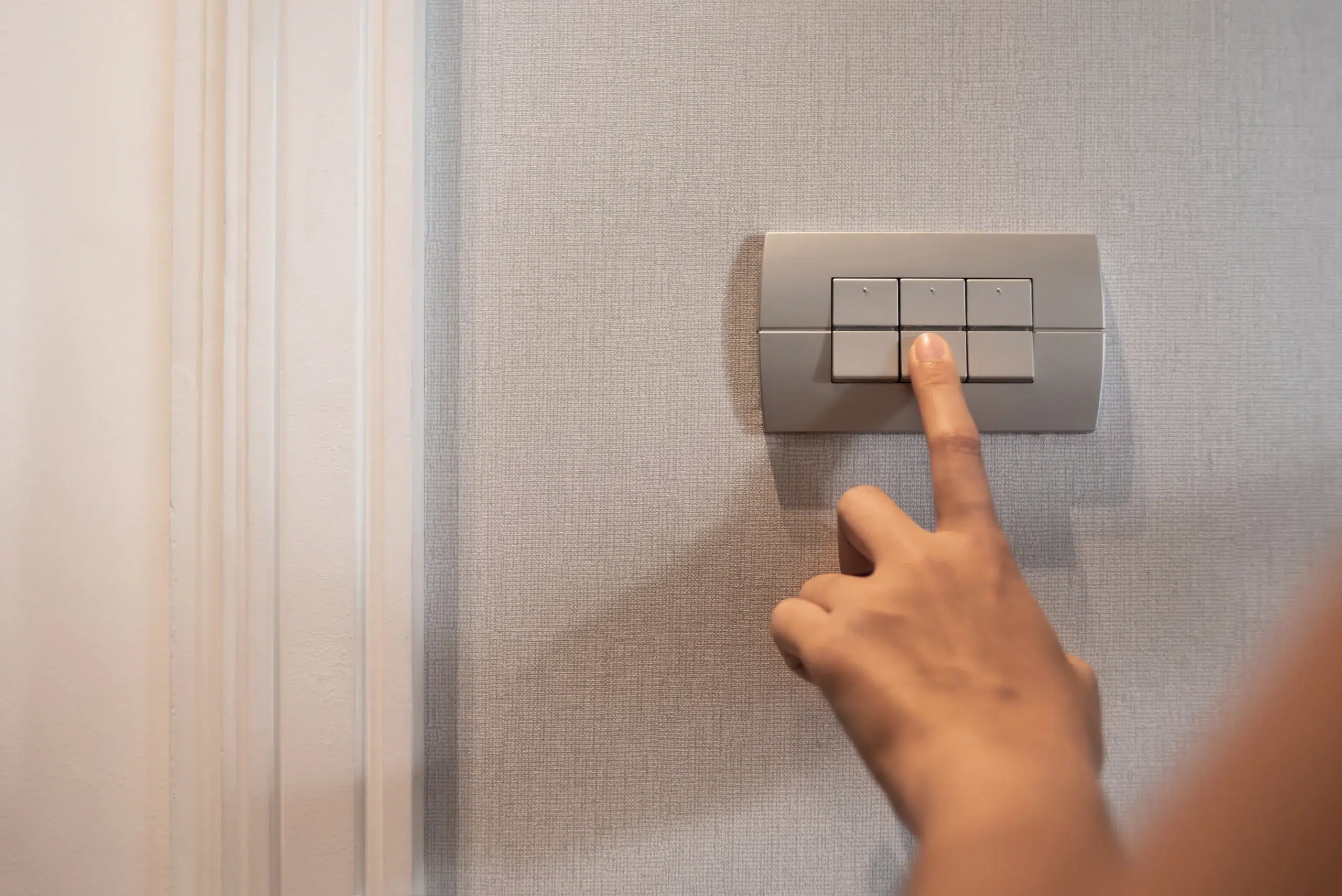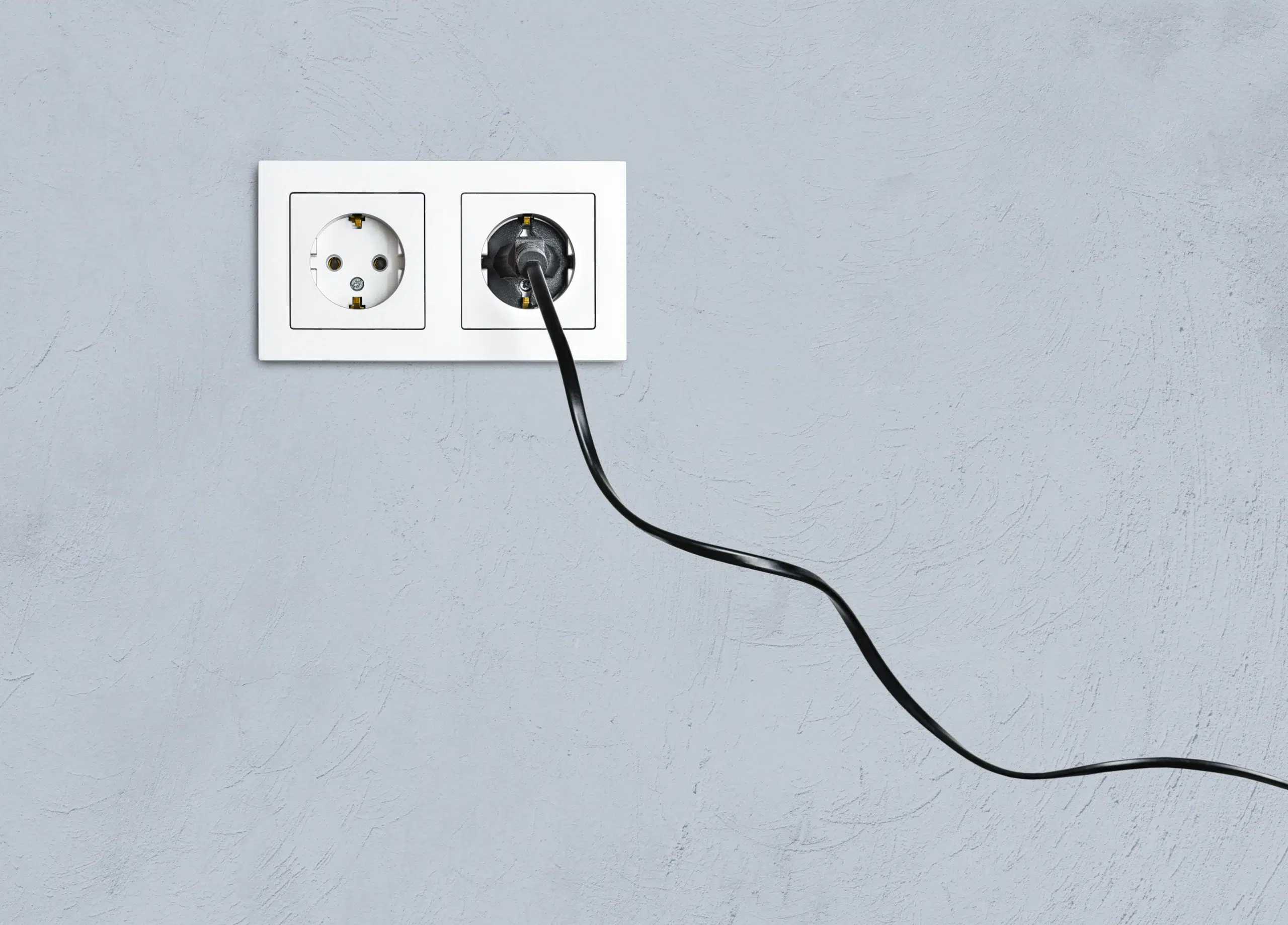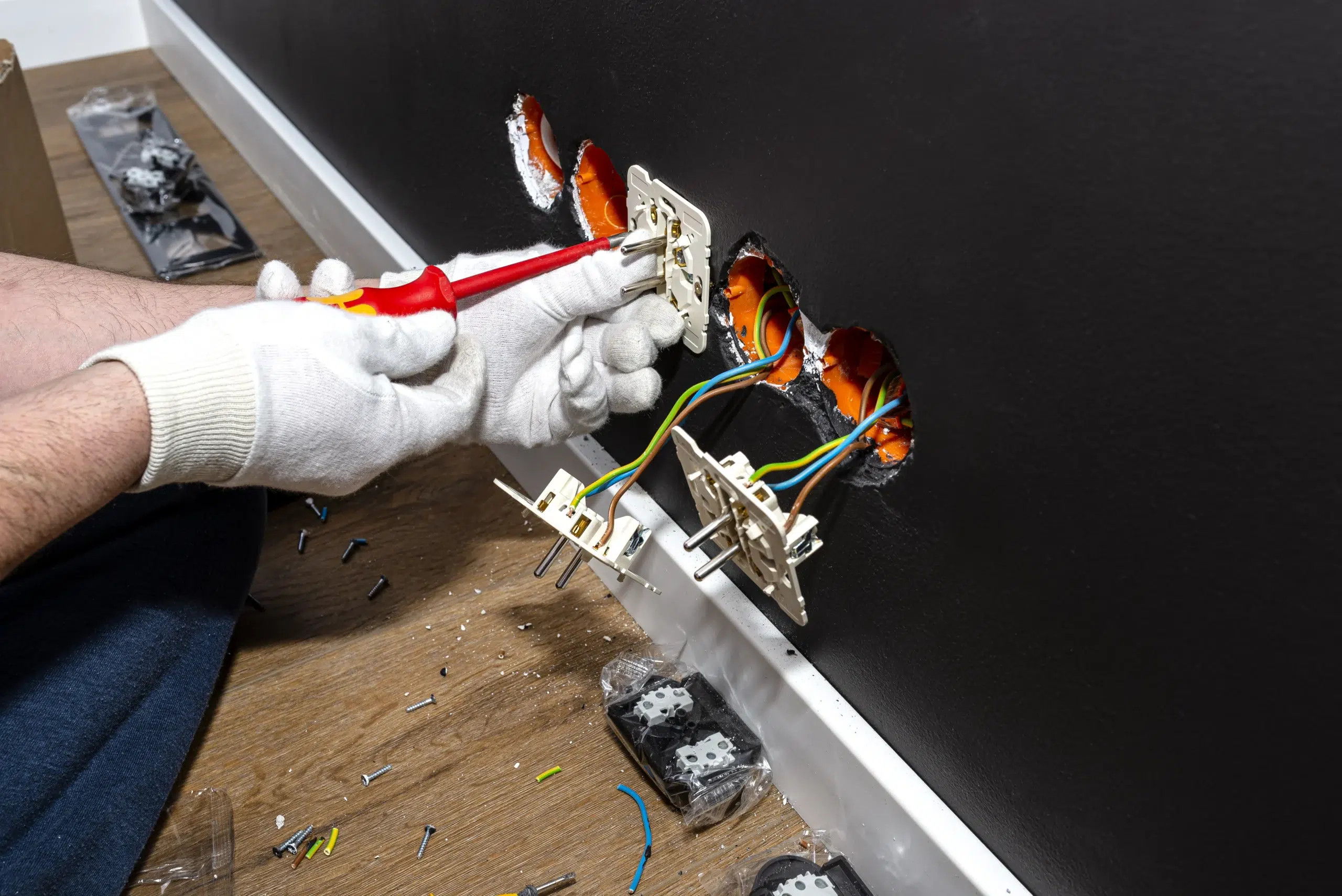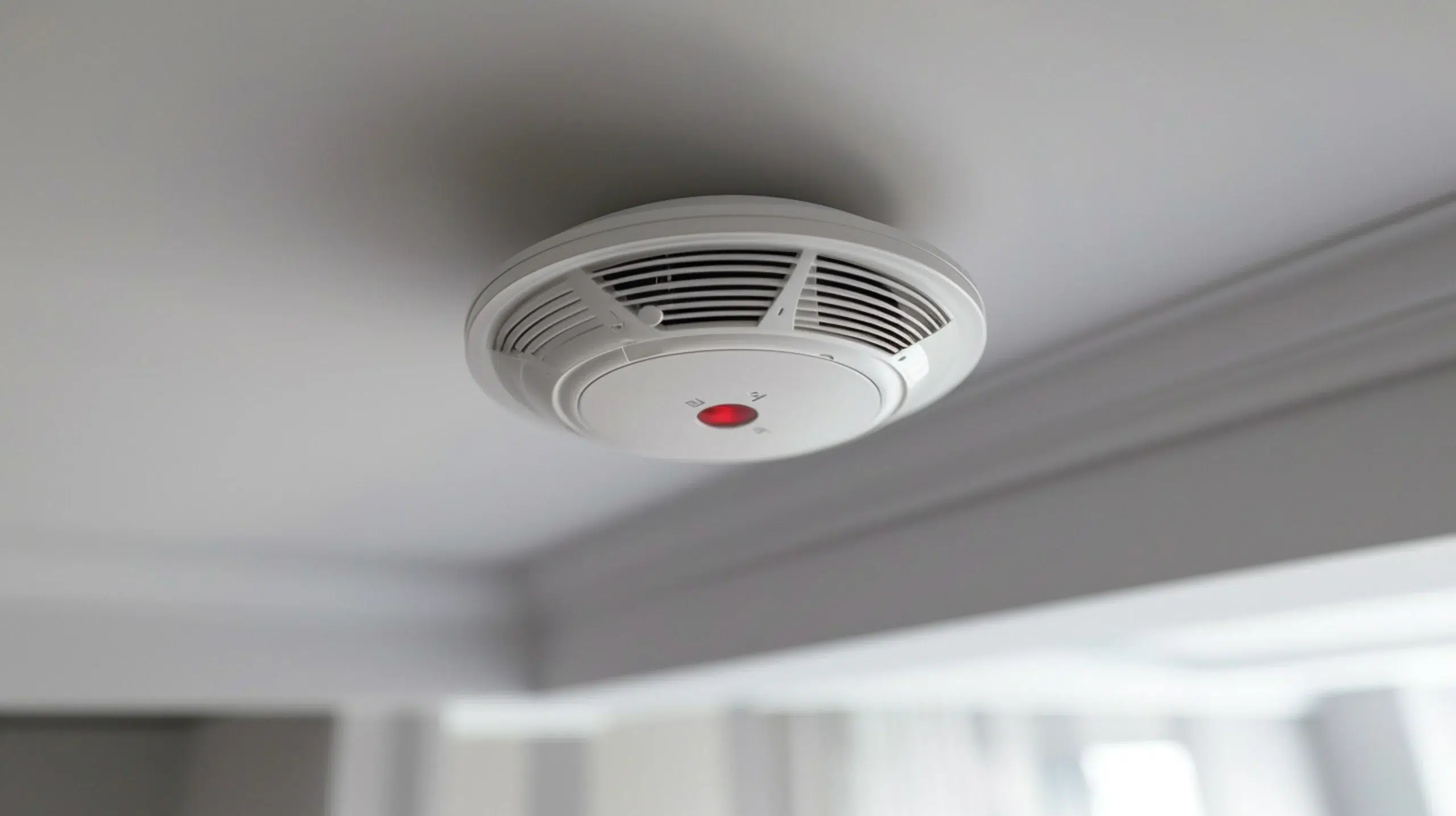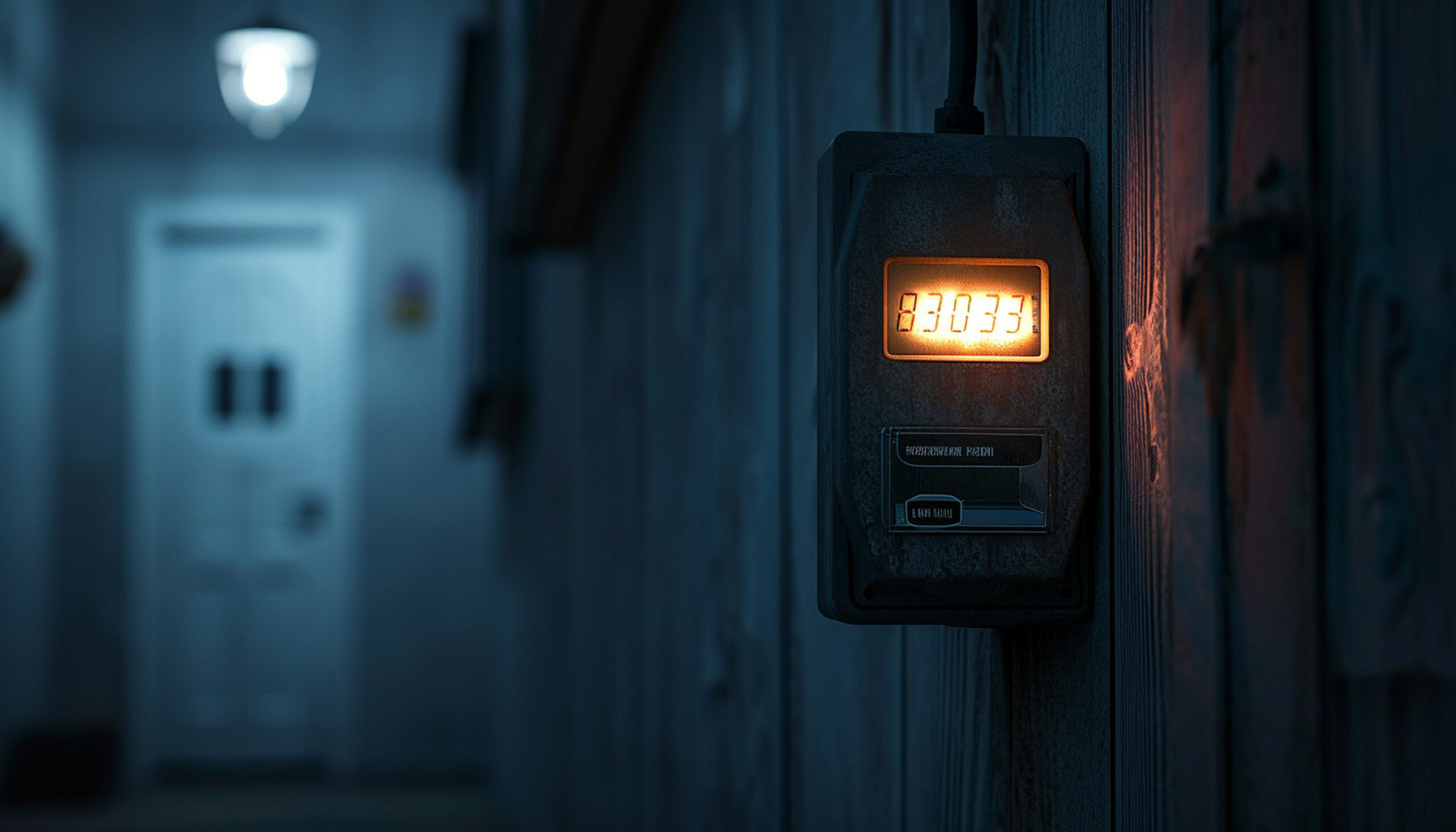Why Do I Get a Small Electric Shock from My Appliances?
Category:
Small electric shocks often feel like a quick jolt, tingling, or a slight zap that disappears almost instantly. Many people assume these are harmless static discharges, but in many cases, they can signal something more serious. If shocks occur repeatedly from appliances such as fridges or washing machines, they may point to wiring or grounding issues that require professional attention.
Ignoring these warnings can lead to safety risks, appliance damage, and even severe injury. To keep your home and appliances safe, it’s important to understand the difference between static discharge and genuine electrical faults. This blog explores the causes, risks, and solutions, and explains when to call a licensed electrician Sydney homeowners can rely on for safe repairs and installations.
Understanding Electric Shocks from Appliances
Static Electricity vs. Real Electrical Faults
Static electricity is common and usually felt as a sudden jolt when touching metal objects, especially in dry conditions. These discharges are harmless. Appliance shocks, however, are different. If you feel tingling or jolts when touching fridges, washing machines, or microwaves, it usually means there are real electrical faults in the wiring or grounding. These should never be ignored.
Why It Happens in Household Appliances
Most household appliances are fitted with protective earthing to prevent shocks. If this safety mechanism fails, electricity can leak onto the surface, giving users a small but dangerous shock. Common culprits include fridges, washing machines, microwaves, and dishwashers. Causes include worn insulation, loose wiring, or damaged plugs. Risks are higher in kitchens, bathrooms, and laundries due to moisture exposure.
Shocks are more than inconvenient—they are warnings of electrical instability. Whether caused by faulty grounding or current leakage, they need prompt inspection by a licensed electrician.
Common Causes of Small Electric Shocks
Faulty or Damaged Wiring
Insulated wiring keeps electricity safely contained. If the insulation cracks, frays, or loosens, stray current can escape to the appliance casing, producing shocks when touched. Damaged wiring not only increases the risk of electrocution but can also spark fires if left unaddressed.
Poor Earthing or Grounding
Earthing allows excess current to discharge safely into the ground. Without proper grounding, electricity remains in the appliance, delivering shocks. This is especially common in older homes with outdated electrical systems.
Moisture and Damp Conditions
Water conducts electricity, making damp conditions hazardous. Moisture in kitchens, laundries, or bathrooms can seep into wiring or appliance connections, heightening shock risks. Even using appliances with wet hands can be dangerous. If shocks are frequent, it’s safest to contact an emergency electrician.
Old or Defective Appliances
Appliances degrade over time. Protective casings can erode, wiring may weaken, and older units often lack modern safety devices such as Residual Current Devices (RCDs). Relying on such appliances exposes you to repeated shocks and increased hazards.
Risks of Ignoring Electric Shocks
Health and Safety Hazards
A minor shock can escalate into serious electrocution. Damaged wiring or current leaks deteriorate with time, increasing risks of life-threatening shocks. Children, elderly people, and those with health issues are especially vulnerable.
Fire Risks
Ongoing current leakage can cause overheating in wires or internal parts. This hidden heat can spark electrical fires, particularly in areas like kitchens or laundries where appliances run frequently. Poor or outdated wiring further increases this danger.
Appliance Damage
Repeated shocks can weaken appliance motors and circuits, shortening their lifespan and sometimes voiding warranties. Ignoring faults may result in costly repairs or replacements later. Regular checks by a licensed electrician Sydney households trust can prevent these issues.

How to Fix and Prevent Electric Shocks
Unplug and Inspect the Appliance
If you feel a shock, stop using the appliance immediately. Unplug it and check for visible damage such as frayed cords, scorch marks, or exposed wires. Avoid DIY fixes—only a qualified electrician should carry out electrical repairs.
Use Proper Earthing and Circuit Protection
Proper earthing ensures stray current is discharged safely. An electrician can test and upgrade grounding systems and install RCDs, which cut off power within milliseconds if leakage is detected. This reduces the risks of electrocution and fire.
Keep Appliances Dry and Well-Maintained
Appliances in wet areas should be inspected regularly for worn seals, damaged wiring, or faulty insulation. Never use appliances with wet hands or on damp floors. Regular servicing helps maintain safety and functionality.
Replace Old or Unsafe Appliances
When an appliance’s insulation or protective systems fail, replacement is safer than repeated repairs. Modern appliances are designed with built-in safety features that significantly reduce risks. Investing in newer models improves safety and reliability.
When to Call a Licensed Electrician
Identifying Hidden Electrical Faults
Some electrical issues remain hidden until they cause serious problems. Licensed electricians use specialised tools, such as insulation resistance meters, to detect faults within wiring and appliances. Early professional inspections can prevent hazards and ensure safer installations.
Compliance and Safety Assurance
Hiring a licensed electrician Sydney isn’t just about fixing faults—it also ensures compliance with Australian Standards. Certified electricians provide safety certificates for repairs and upgrades, which are important for insurance claims. An emergency electrician can also resolve urgent safety concerns promptly.
Conclusion
FAQ's
Why do I sometimes feel a mild shock when I touch my fridge or washing machine?
It’s rarely static. Shocks from appliances usually indicate faulty wiring, poor earthing, or insulation damage. A licensed electrician can inspect and resolve the issue safely.
Can small power surges damage modern appliances?
Yes. Even minor shocks often signal current leakage, which can lead to electrocution or fire. Contacting an emergency electrician ensures quick and safe repairs.
Can poor earthing cause repeated shocks in my home?
Yes. Without proper earthing, stray current remains in appliances instead of discharging safely. A licensed electrician can test and upgrade your system to meet Australian Standards.
How can I prevent electric shocks in damp areas like bathrooms or kitchens?
Keep appliances dry, avoid using them with wet hands, and schedule regular servicing. Installing RCDs through a licensed electrician provides instant protection in high-moisture areas.
Should I repair or replace an appliance that gives small shocks?
Stop using the appliance immediately. Repairs may fix minor faults, but older appliances with worn insulation are best replaced. Newer models include safety features that reduce risks.
Does insurance cover electrical accidents caused by faulty appliances?
In many cases, yes—but only if your electrical work meets safety requirements. Licensed electricians provide compliance certificates that support insurance claims and keep your home safe.
93 Exley Road Wedderburn NSW 2560 Campbelltown & South West Sydney
Why Installing Your Own EV Charger Could Void Your Car’s Warranty and Insurance
Why Installing Your Own EV Charger Could Void Your Car’s Warranty and Insurance Category: The...
Read MoreThe Hidden Damage Rodent Cause to Electrical Wiring and Insulation
What Does a Pre-Installation EV Charger Inspection Entail? Category: Installing an EV charger at your...
Read MoreThinking of Installing an EV Charger in Your Apartment or Shared Parking Area? Here’s What You Need to Know
Thinking of installing an EV charger in your apartment or shared parking area? Here’s what...
Read MoreIs It Safe to Install an EV Charger Outdoors in Sydney’s Weather Conditions?
How to Choose the Right Gate Intercom for Your Property Category: The increased availability of...
Read MoreHow to Choose the Right Gate Intercom for Your Property
How to Choose the Right Gate Intercom for Your Property Category: Selecting the appropriate gate...
Read MoreThe Light Switch Feels Warm or Smells Burnt — What Should I Do?
The Light Switch Feels Warm or Smells Burnt — What Should I Do? Category: Light...
Read MoreWhy Do I Get a Small Electric Shock from My Appliances?
Why Do I Get a Small Electric Shock from My Appliances? Category: Small electric shocks...
Read MoreElectrical Surges Damaging Your Appliances? Here’s What You Can Do
Electrical Surges Damaging Your Appliances? Here’s What You Can Do Category: An electrical surge refers...
Read MoreWhat are the types of smoke Alarms and How Does It Work?
What are the types of smoke Alarms and How Does It Work? Category: A smoke...
Read MorePower Outage in Just One Room? Here’s What Could Be Causing It
Power Outage in Just One Room? Here’s What Could Be Causing It Category: Experiencing a...
Read More
